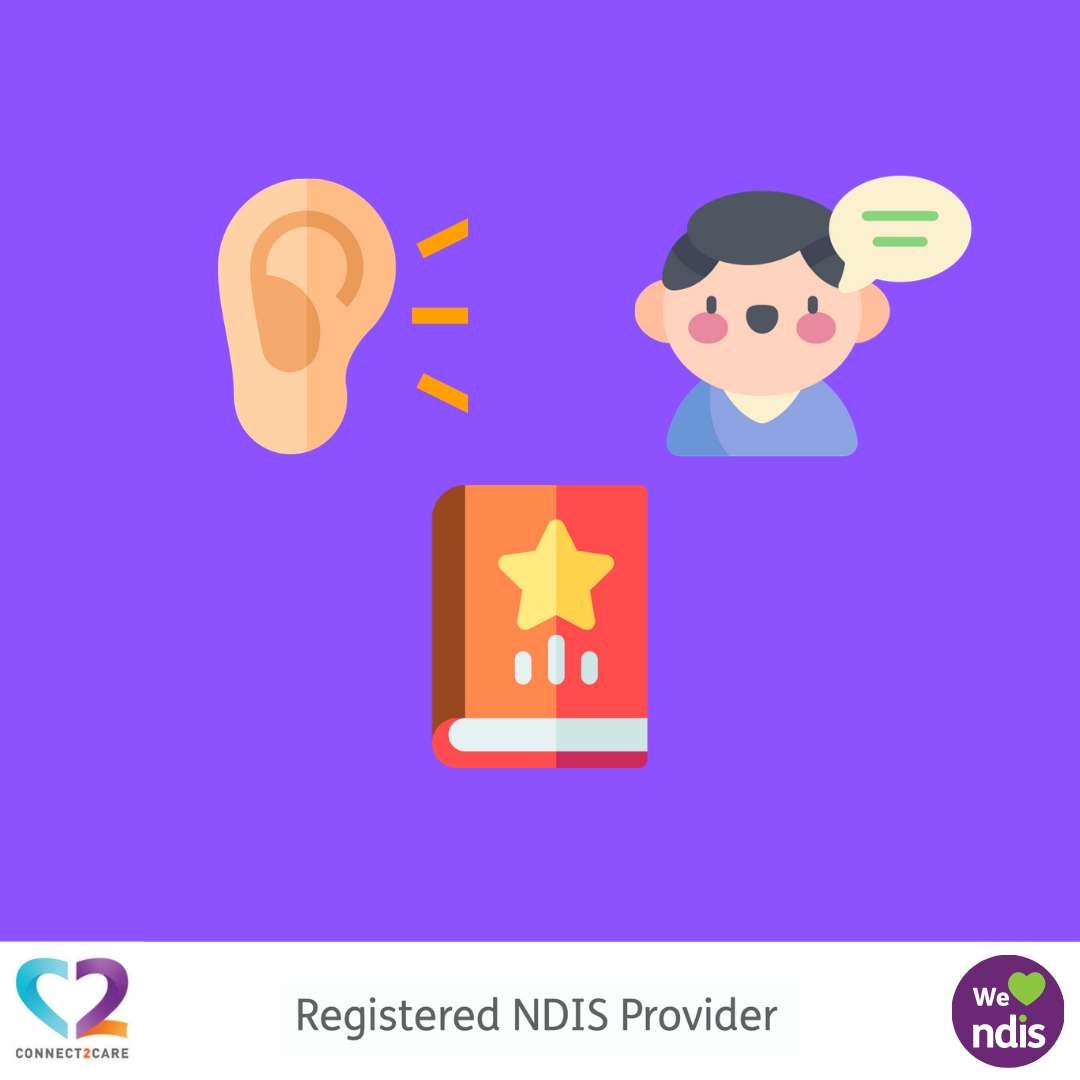Dyslexia is a very common learning disability in Australia, with an estimated 20% of children suffering from mild to severe dyslexia. By working with a speech pathologist for speech therapy for dyslexia, individuals gain several benefits.
What is dyslexia?
Dyslexia, primarily known as a language-based disorder, significantly impacts an individual’s ability to read. For individuals with dyslexia, honing reading strategies and skills becomes a vital part of their journey.
The role of speech therapy in managing dyslexia
Speech pathologists help with the assessment and treatment of dyslexia. They are trained to access overall language skills, including those critical to reading, such a phonological awareness and subsequent targeting intervention to help individuals with dyslexia learn to read.
Phonological awareness is essential for reading, writing, rhyming, and manipulating syllables, such as blending and segmenting. These skills allow us to understand what sounds make up a particular word and manipulate sounds to form words. Programs that target phonological awareness and literacy skills are available, such as ‘The Gillon Phonological Awareness Training Programme.’
Benefits of speech therapy for dyslexia
- Building Phonological Skills: A key focus in dyslexia therapy is enhancing phonological awareness. This makes the process of reading and writing more approachable and less daunting.
- Reading with Ease and Understanding: Through speech therapy sessions, individuals with dyslexia can improve their reading skills. This leads to better understanding and enjoyment of reading, turning a challenging task into a delightful experience.
- Growing Confidence: As reading becomes less challenging, there is often a wonderful growth in self-esteem. This newfound confidence can positively influence all areas of life, including school and social situations.
Speech pathologists at Connect2Care
Connect2Care’s experienced Speech Pathologists are ready to provide expert, caring assistance to unlock the full potential of every individual. Contact us today to learn more about our dyslexia therapy services and how we can support your journey towards success and confidence.
References:
1. The Gillon Phonological Awareness Training Programme booklet: Microsoft Word – programme booklet 2008.doc (canterbury.ac.nz)
2. Reading Rockets | Launching Young Readers this website provides general information about reading and some research-based reading strategies/intervention; it is also a good source for finding the appropriate books based on age, genre, and reading level.










